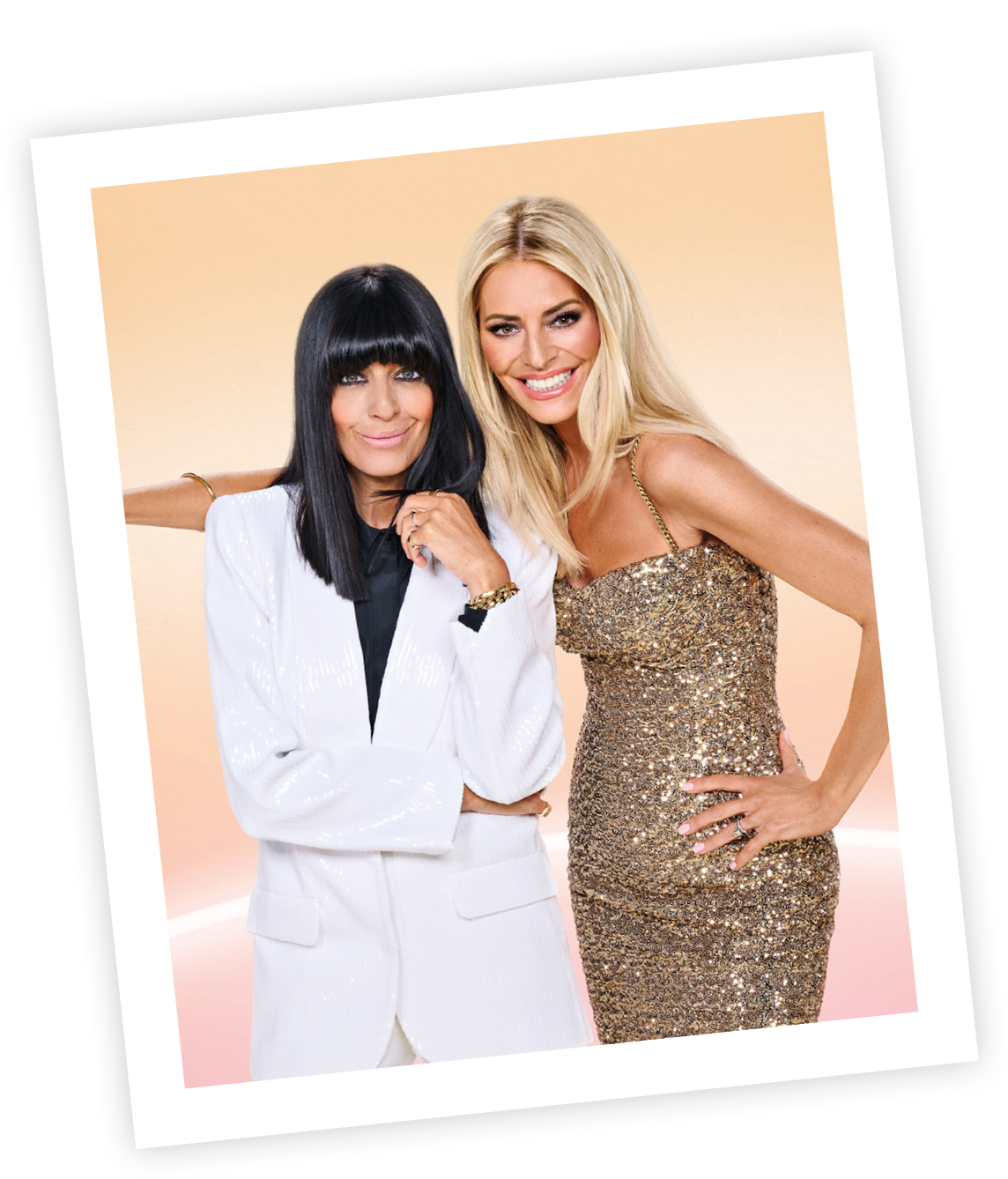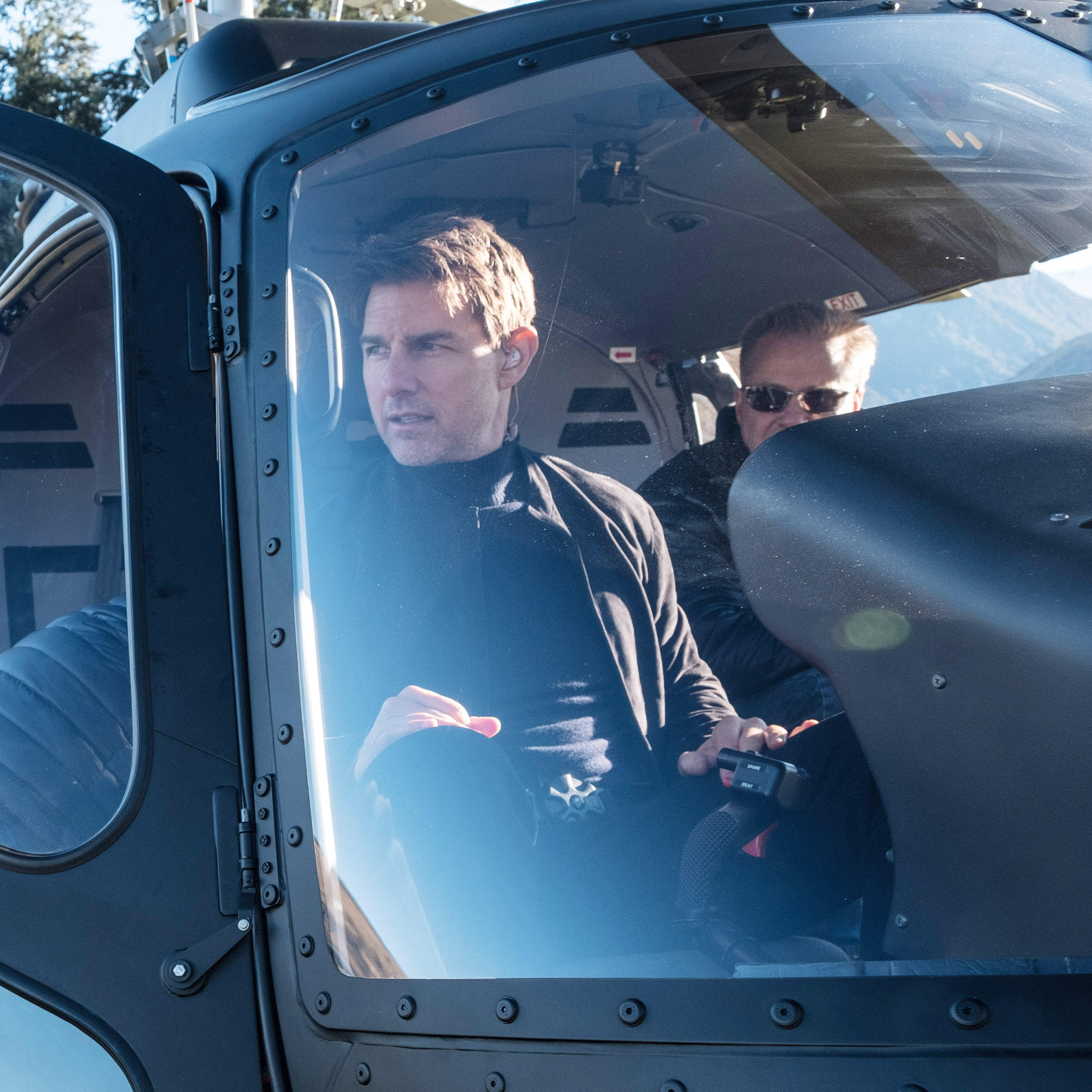My Life in Numbers
Pam McMenamin CA
Director of Finance, BFBS
Pam McMenamin CA had wanted to be an artist, but she found something even more rewarding – being a CA in the creative industries. She talks about Disney, the BBC, offering to be Tom Cruise’s bag carrier – and her new life with the British Forces Broadcasting Service and on the ICAS Members Board
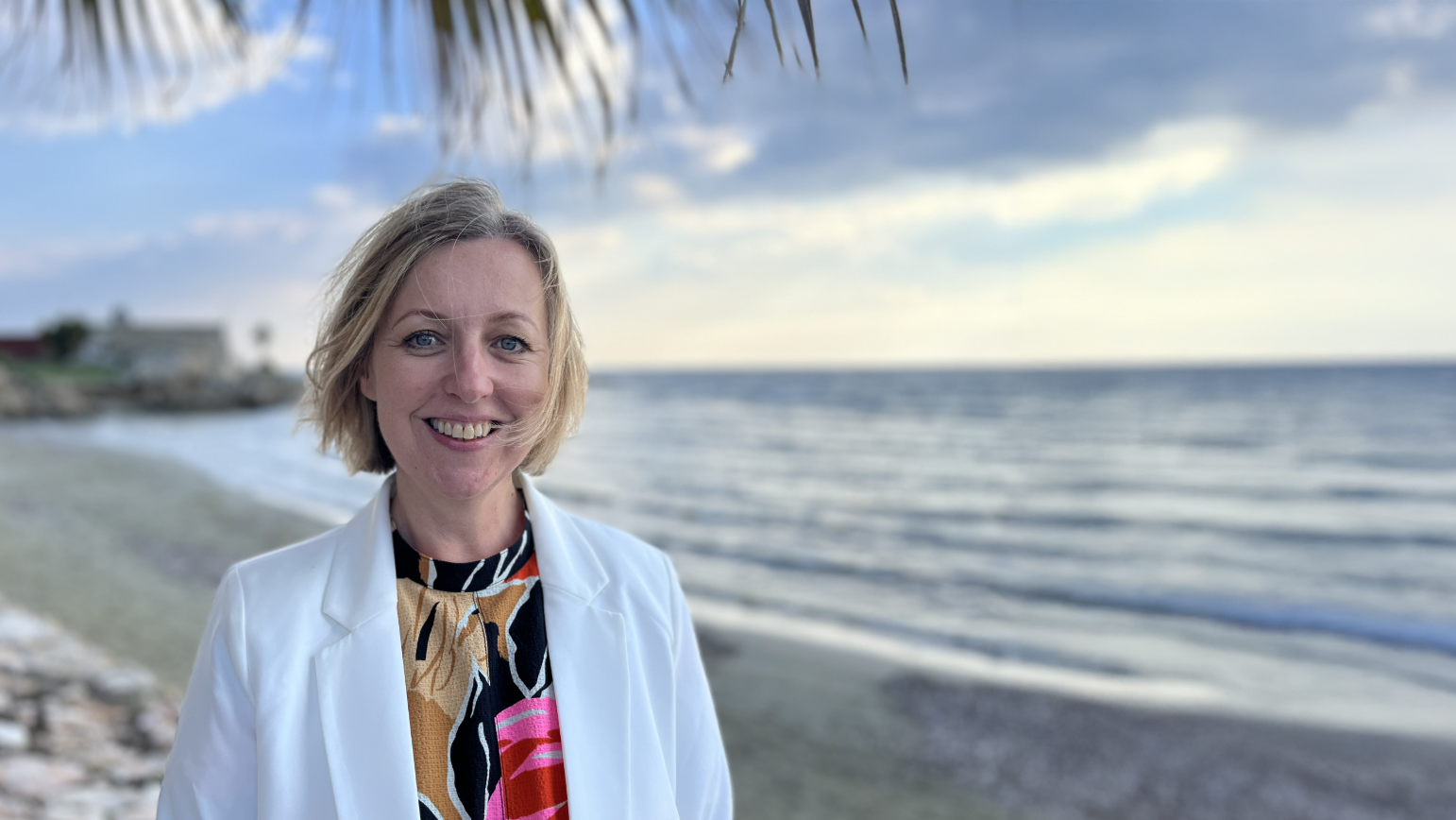
My Life in Numbers
Pamela McMenamin CA
Director of Finance, BFBS
Pam McMenamin CA had wanted to be an artist, but she found something even more rewarding – being a CA in the creative industries. She talks about Disney, the BBC, offering to be Tom Cruise’s bag carrier – and her new life with the British Forces Broadcasting Service and on the ICAS Members Board
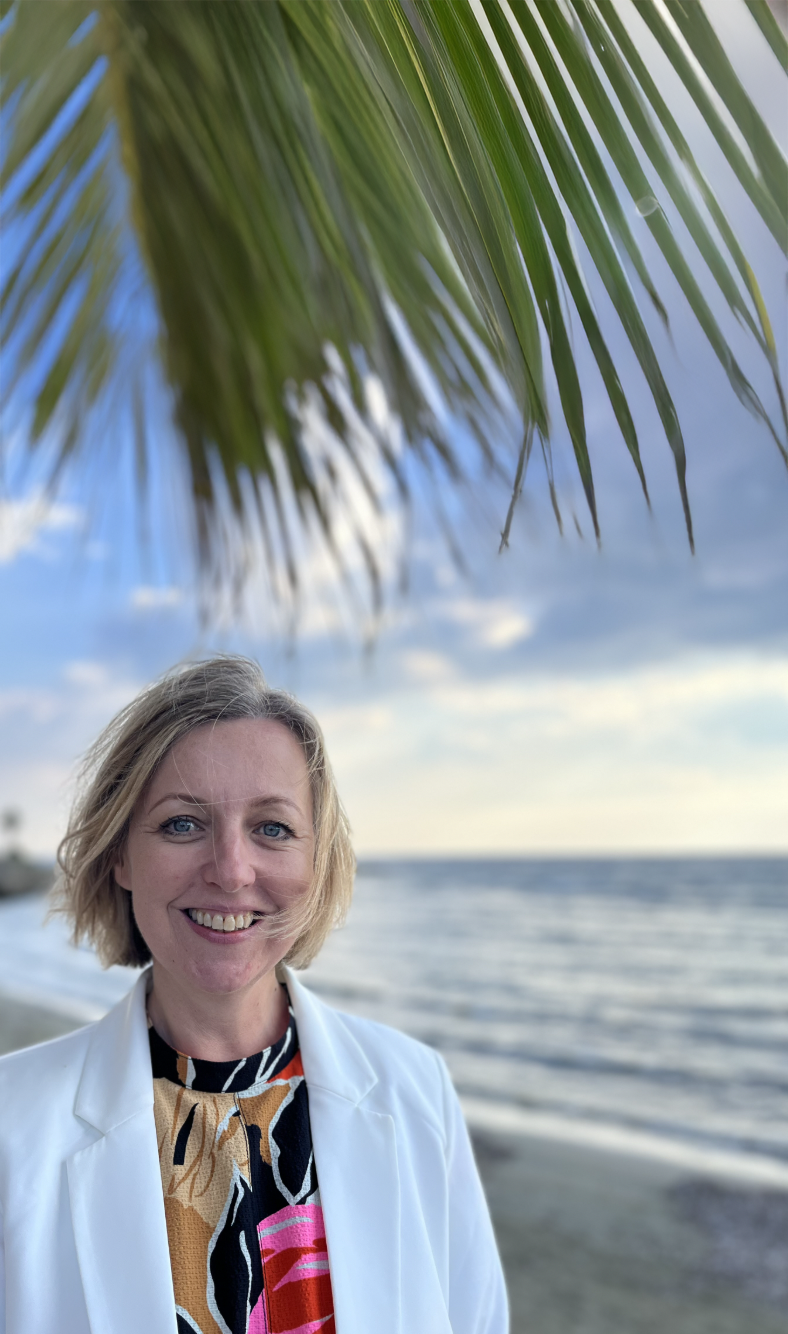
7
I grew up in Baillieston, a suburb east of Glasgow, seven miles from the centre. My brother came along 12 years after me, so I was an only child for the first years of my life. My parents grew up there and their families all lived within two miles of us. Mum and Dad were the first of the family to go to university. Mum was a primary school teacher and Dad did metallurgy at Strathclyde and ended up working for British Steel in Ravenscraig as a blast furnace manager. When that closed, they moved to South Wales, where they still had a steelworks. And Mum learnt Welsh so that she could teach there.

7
I grew up in Baillieston, a suburb east of Glasgow, seven miles from the centre. My brother came along 12 years after me, so I was an only child for the first years of my life. My parents grew up there and their families all lived within two miles of us. Mum and Dad were the first of the family to go to university. Mum was a primary school teacher and Dad did metallurgy at Strathclyde and ended up working for British Steel in Ravenscraig as a blast furnace manager. When that closed, they moved to South Wales, where they still had a steelworks. And Mum learnt Welsh so that she could teach there.
1
As an only child for much of my childhood, I used to find lots of ways to amuse myself, mostly in the creative environment. Blue Peter was a massive influence – I’d do pretty much every creative project they had, using cereal boxes to make farm models, and so on. I was really into art and that would’ve been my first choice as a career. But I looked at artists like Van Gogh, who made no money during their career, and thought I don’t want to do this unless I’m exceptional. So when art school rejected my applications, I went back to the A-Z of careers – and didn’t move out of the A section.
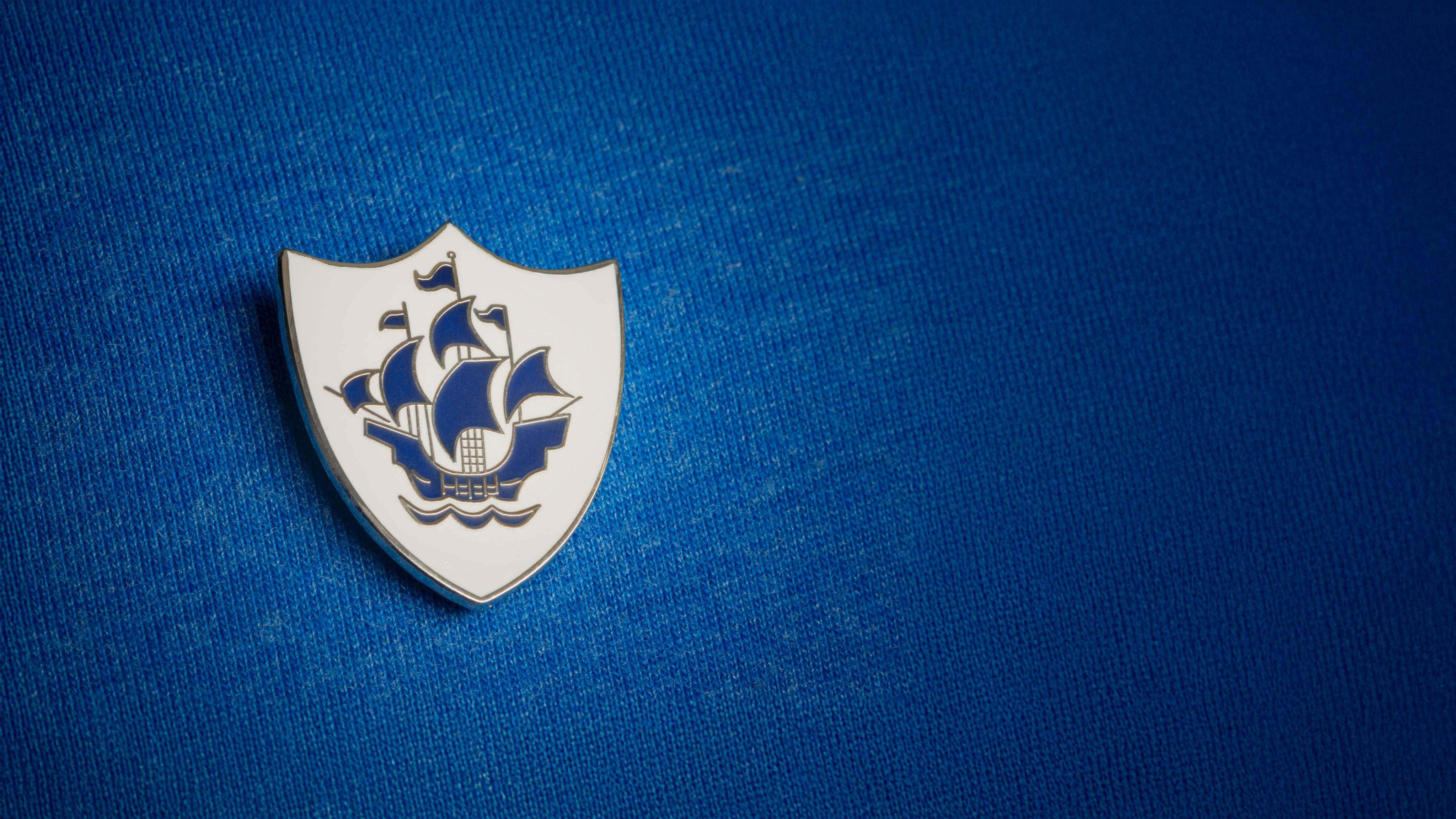
1
As an only child for much of my childhood, I used to find lots of ways to amuse myself, mostly in the creative environment. Blue Peter was a massive influence – I’d do pretty much every creative project they had, using cereal boxes to make farm models, and so on. I was really into art and that would’ve been my first choice as a career. But I looked at artists like Van Gogh, who made no money during their career, and thought I don’t want to do this unless I’m exceptional. So when art school rejected my applications, I went back to the A-Z of careers – and didn’t move out of the A section.
17
I considered architecture, but seven years’ commitment seemed too much, aged 17. So I thought accountancy was a good career path and I was interested in business. Strathclyde had a course that combined core interdisciplinary seminars, which covered management and business skills. I majored in computer science and accountancy. I was better at the computer science. I found accountancy was not quite a science and not quite an art, but I picked it up. And the computer science has stood me in good stead ever since.
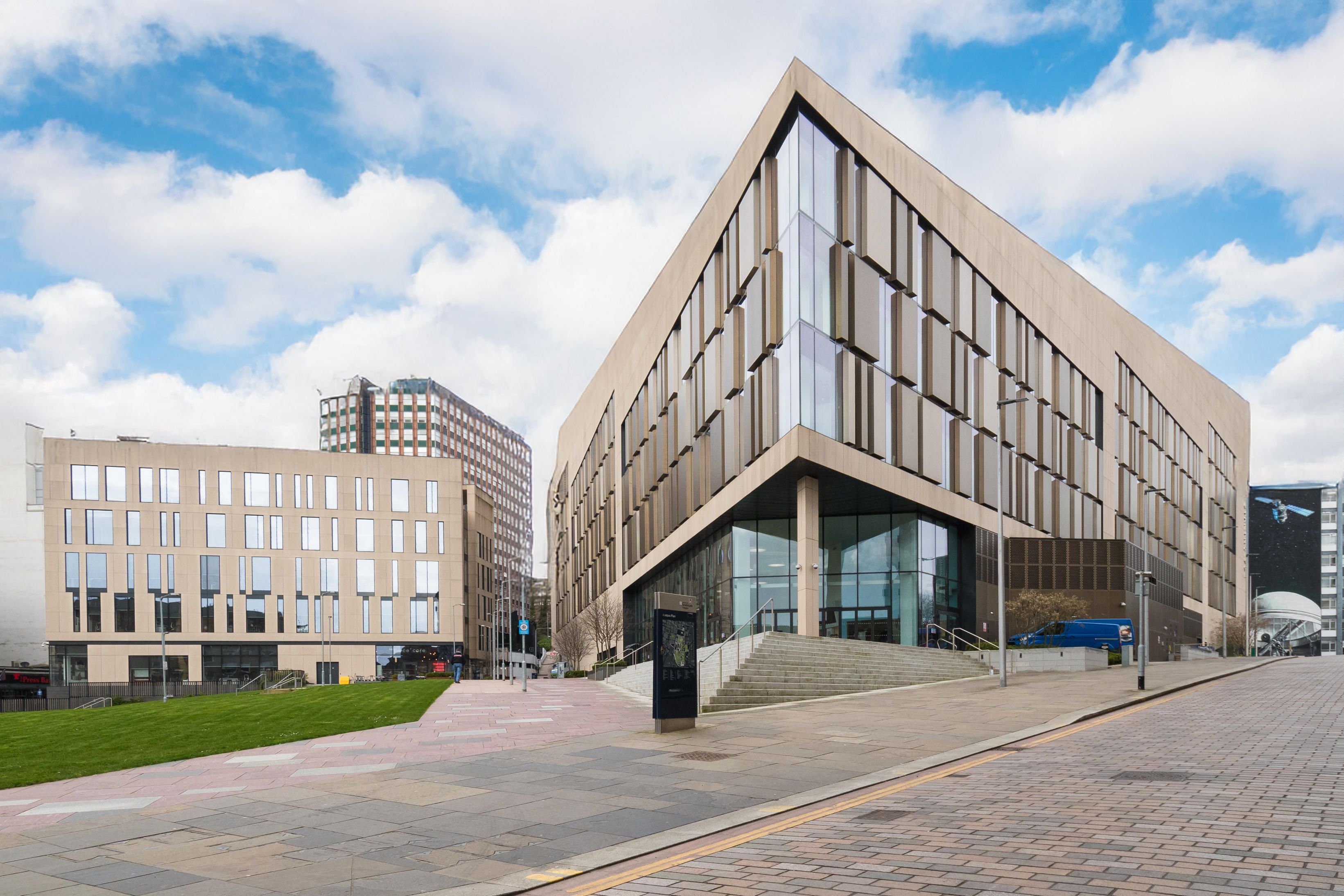
17
I considered architecture, but seven years’ commitment seemed too much, aged 17. So I thought accountancy was a good career path and I was interested in business. Strathclyde had a course that combined core interdisciplinary seminars, which covered management and business skills. I majored in computer science and accountancy. I was better at the computer science. I found accountancy was not quite a science and not quite an art, but I picked it up. And the computer science has stood me in good stead ever since.
3
My parents moved to south Wales around the time I started university, so even though I was in my hometown I didn’t have a “home” to live in. I didn’t fancy halls, because you had to move out over summer and it seemed very transitory. And because my parents had gone, I wanted to keep all my contents. So I spent most of my three years as a student sharing bedsits with teachers, graphic designers and other young professionals.
1991
I considered computer science as my pathway into business, but around the start of the third year I leant back into the accountancy route instead. I was focused on financial independence and buying my own house in Glasgow as soon as possible after graduating. The route from CTO to CEO seemed less proven, so I thought going via FD made more sense. And the milk rounds for accountancy came first – and it so happened I got an offer from Coopers & Lybrand and started there in 1991.
300
I began in Glasgow, but the work there had dried up somewhat because the economy wasn’t great – a lot of time was being billed to admin. London was crying out for people, so I transferred down there. Obviously it’s bigger, but I’m a city girl anyway, so I adjusted quickly. I got to know the Underground system – and even when not to use it because your destination is only five minutes’ walk away. Professionally it was really interesting being among an intake of 300 – many more people to meet and socialise with. And I was working in fast-moving consumer goods, which was perfect because I think financial services would have slowly killed me.

300
I began in Glasgow, but the work there had dried up somewhat because the economy wasn’t great – a lot of time was being billed to admin. London was crying out for people, so I transferred down there. Obviously it’s bigger, but I’m a city girl anyway, so I adjusted quickly. I got to know the Underground system – and even when not to use it because your destination is only five minutes’ walk away. Professionally it was really interesting being among an intake of 300 – many more people to meet and socialise with. And I was working in fast-moving consumer goods, which was perfect because I think financial services would have slowly killed me.
2
I think I’ve had a career of two halves – in the first half, I was quite destination-focused and in a hurry. I got to understand audit and to love its structure and rules. I could see this is what you to do to succeed at my level, and here’s what you have to do to succeed the next level up. So I thought about a target of being a partner by 28 – which I laugh at now. I was tasked to work with a frozen pizza crust manufacturer, and I did some partner shadowing. It was during that shadowing process I realised I preferred the business of my clients, the pizza crust makers, to that of the firm, so I decided to leave practice and go into industry.
28
I wanted to work with a well-known brand and a product I could relate to. I always loved films and TV. So I thought, OK, I’ll be a finance analyst in a media organisation and narrowed my search. Disney were building up their international head office out of London and rolling out the Disney channels across Europe, which sounded interesting. I got a job there in financial analysis and planning (FP&A) and set myself a new target of being a finance director by 28. I couldn’t see that happening at Disney, so after two years I moved to Fox Kids as Finance Controller.
$1bn
Fox Kids was a joint venture between Haim Saban, who is the man behind Power Rangers, and News Corp. They were rolling out their channels across Europe too, so I was transferring some of my Disney skills and building up a finance team pretty much from scratch. I joined at 27 and was doing a lot of business development, supporting the CEO. We did a partial flotation of the company for about $1bn, and I made it to FD before that. I had hit my goal, but doing a flotation wasn’t a brilliant experience. It showed me a lot of behaviours I didn’t like, people sitting in meetings with lawyers boasting about how many family holidays have been ruined by their transactions. I was thinking, well, that’s not something I aspire to.
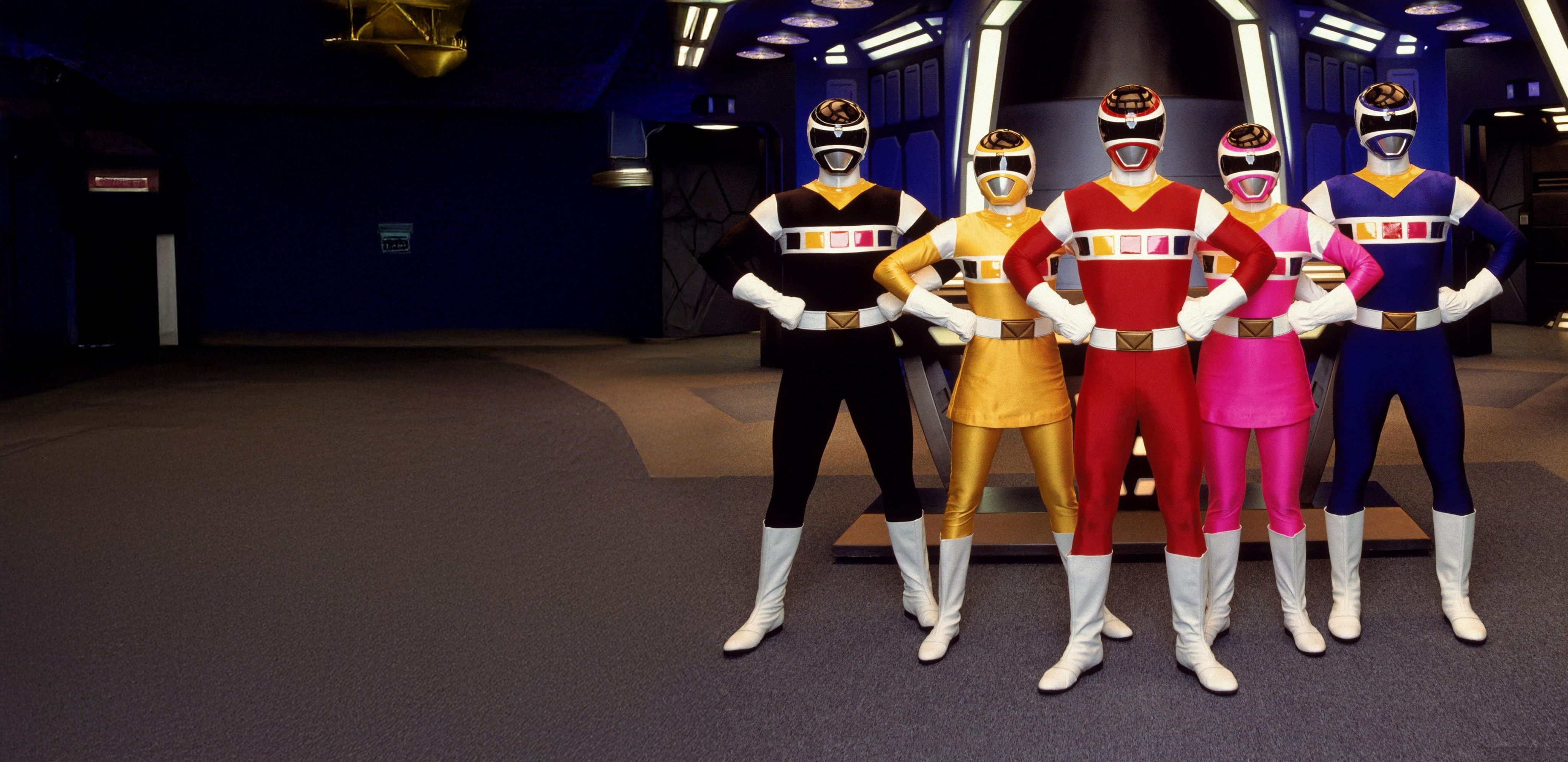
£1m
I wanted a more UK management style, so I went to the BBC. Greg Dyke was DG then. He was really energetic. He transformed the BBC and did a lot of great things for it, but what I really enjoyed professionally was being back in that invigorating environment, like Coopers in London. I had oversight of the commercial arm, but also all the investment cases came through the team I was working in. So it’d be: “What do we pay Terry Wogan? Shall we do another Teletubbies? Should we do Strictly Come Dancing?” Essentially anything that would cost more than £1m and required the DG’s approval came through our team to check it made financial sense. I saw the Strictly Come Dancing case, looked at the first paragraph, thought back to Come Dancing with its checked dresses and straw hay bales, and thought, “Why would anyone want to watch that?” So it’s a good thing I passed it on to someone else or I might be remembered like the guy who turned down the Beatles!rough the inscription of signs and symbols.
35
The BBC was doing some restructuring so I took voluntary redundancy. I had two young kids and just thought it was time to do something different. I fancied going back to art and thought it would be easier to juggle that and young family life without commuting into London. So I took a career break, beginning with a degree in fine art. I got much more from an art degree being 35 than I would’ve done as an 18-year-old. I got more of the theory and art history and the more complex concepts behind it.
£1m
I wanted a more UK management style, so I went to the BBC. Greg Dyke was DG then. He was really energetic. He transformed the BBC and did a lot of great things for it, but what I really enjoyed professionally was being back in that invigorating environment, like Coopers in London. I had oversight of the commercial arm, but also all the investment cases came through the team I was working in. So it’d be: “What do we pay Terry Wogan? Shall we do another Teletubbies? Should we do Strictly Come Dancing?” Essentially anything that would cost more than £1m and required the DG’s approval came through our team to check it made financial sense. I saw the Strictly Come Dancing case, looked at the first paragraph, thought back to Come Dancing, with its checked dresses and straw hay bales, and thought, “Why would anyone want to watch that?” So it’s a good thing I passed it on to someone else or I might be remembered like the guy who turned down the Beatles!rough the inscription of signs and symbols.
35
The BBC was doing some restructuring so I took voluntary redundancy. I had two young kids and just thought it was time to do something different. I fancied going back to art and thought it would be easier to juggle that and young family life without commuting into London. So I took a career break, beginning with a degree in fine art. I got much more from an art degree being 35 than I would’ve done as an 18-year-old. I got more of the theory and art history and the more complex concepts behind it.
2009
After graduating in 2009, I worked in a school as their artist in residence for a year. Then I tried being a self-employed artist, mostly just making what I wanted to make. I found it much harder than being an art student. There you have a framework to work around. You have people who appreciate the academic part, whether or not they like the outcome. But my inner critic asks: Why am I doing the art? Who’s it for? Is it commercial, and therefore for the customer, or is it more cerebral? It’s not something I find therapeutic. It’s not an easy way to make money by any means.
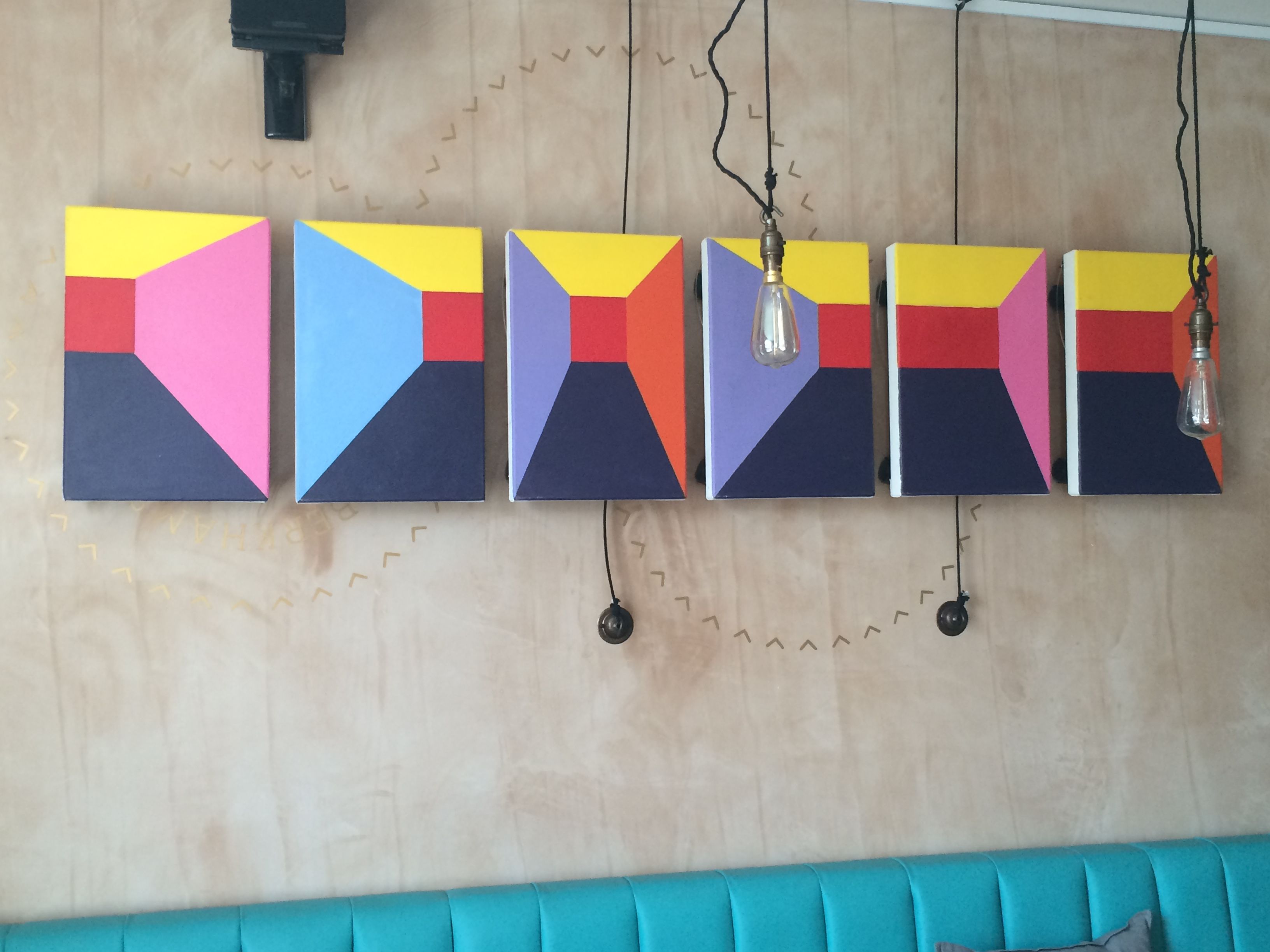
2009
After graduating in 2009, I worked in a school as their artist in residence for a year. Then I tried being a self-employed artist, mostly just making what I wanted to make. I found it much harder than being an art student. There you have a framework to work around. You have people who appreciate the academic part, whether or not they like the outcome. But my inner critic asks: Why am I doing the art? Who’s it for? Is it commercial, and therefore for the customer, or is it more cerebral? It’s not something I find therapeutic. It’s not an easy way to make money by any means.
3
So I returned to accounting – you could call it the dark arts, given my first job back was with the Harry Potter tour for Warner Brothers. My kids are massive fans of the books, so it was great being involved in that. The tour was such a success, the whole team would be inundated by friends, not asking for free tickets but just a chance to get one. You had to book tickets three months in advance.
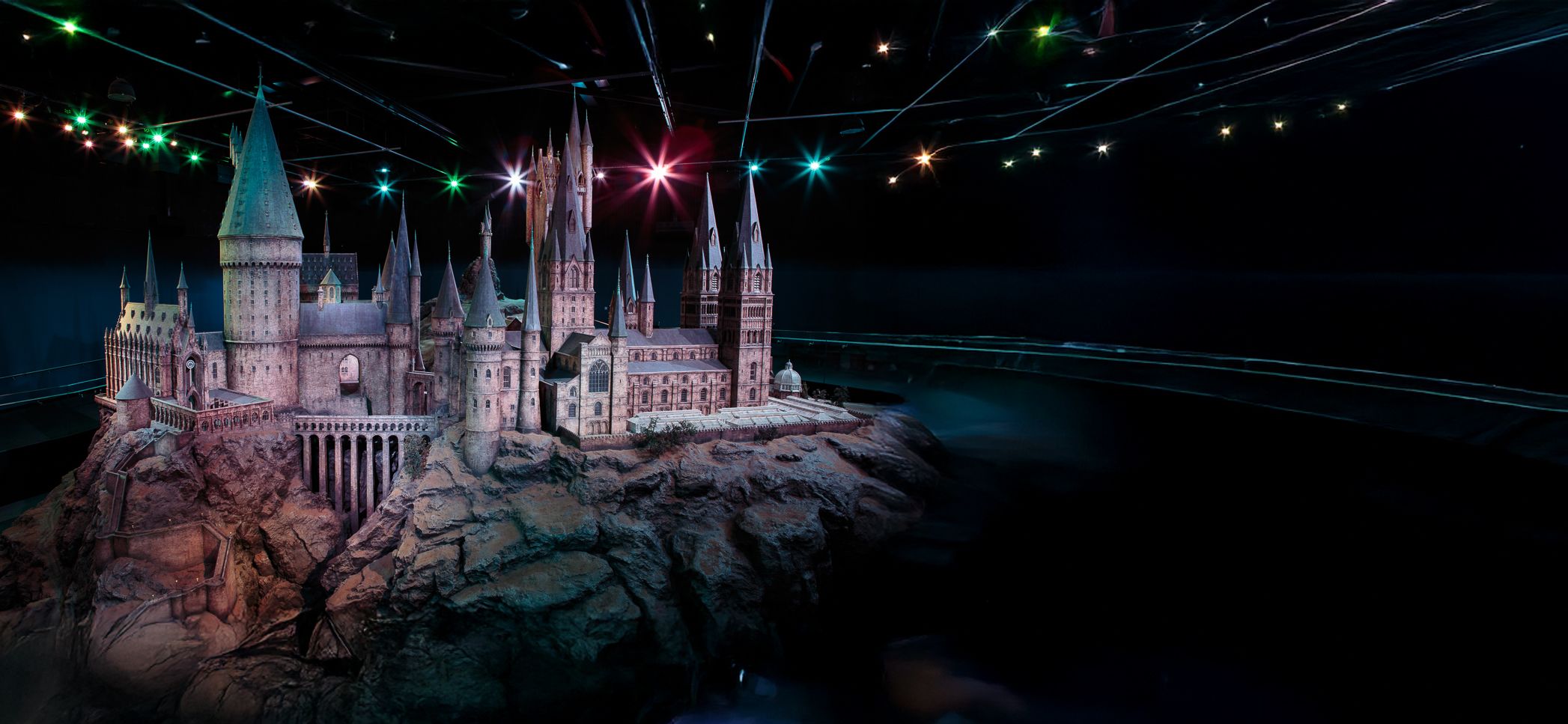
3
So I returned to accounting – you could call it the dark arts, given my first job back was with the Harry Potter tour for Warner Brothers. My kids are massive fans of the books, so it was great being involved in that. The tour was such a success, the whole team would be inundated by friends, not asking for free tickets but just a chance to get one. You had to book tickets three months in advance.
5
We were based in Leavesden, which is where the studios are, and you’d have Tom Cruise landing his helicopter to come and film Mission Impossible. He’d walk past my office carrying his suit and I had to stop myself from running out, going: “No, it’s OK, Tom. I’ll carry that for you.” I spent five years at Warners. I went in as FP&A Manager, which was a step down after the career break. Because it’s such a massive business, I tried a different career strategy - this time instead of being so focused on destination I focused on networking and building up my visibility. I worked my way up to Head of Finance, UK and Ireland, and had planned to stay longer. But the culture changed with the Discovery takeover; and rather than being a partner and ambassador for transforming the company it shifted to command and control, which was not aligned with my values. It went from being a future-thinking creative company to one obsessed with short-term shareholder value.
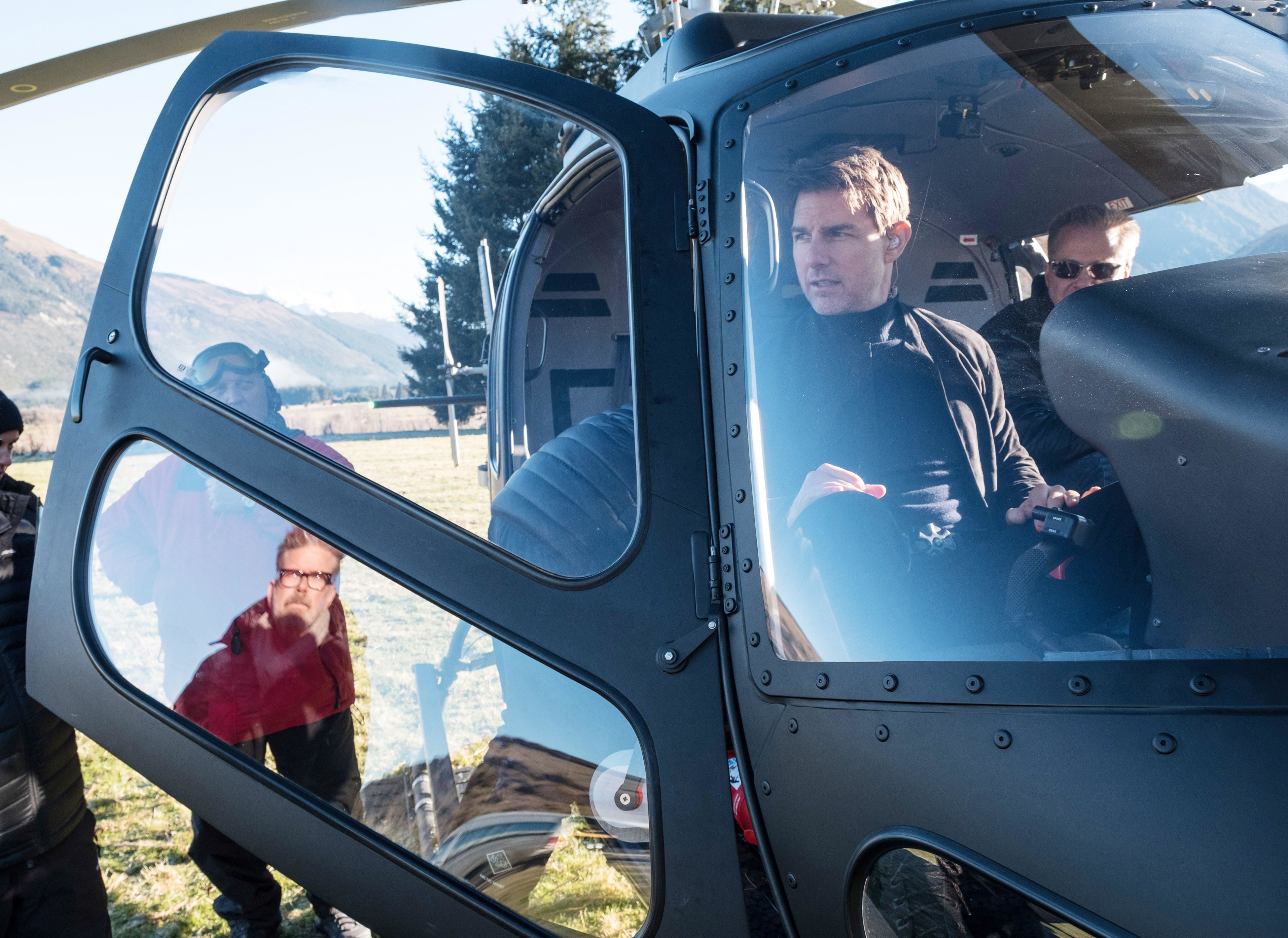
5
We were based in Leavesden, which is where the studios are, and you’d have Tom Cruise landing his helicopter to come and film Mission Impossible. He’d walk past my office carrying his suit and I had to stop myself from running out, going: “No, it’s OK, Tom. I’ll carry that for you.” I spent five years at Warners. I went in as FP&A Manager, which was a step down after the career break. Because it’s such a massive business, I tried a different career strategy - this time instead of being so focused on destination I focused on networking and building up my visibility. I worked my way up to Head of Finance, UK and Ireland, and had planned to stay longer. But the culture changed with the Discovery takeover; and rather than being a partner and ambassador for transforming the company it shifted to command and control, which was not aligned with my values. It went from being a future-thinking creative company to one obsessed with short-term shareholder value.
270
After Warners, I moved to my current role as Director of Finance at BFBS (British Forces Broadcasting Service). It is a military charity and media organisation that brings trusted entertainment, news, sport and information services to the UK armed forces and their families worldwide, and our major contract is with the Ministry of Defence. That contract is for what we call tri-service (the army, navy and RAF), so anything for the MoD has to be for all three. We do have other small commercial ventures, mostly in our BFBS Creative agency, and some charity funding too, but the bulk of our work is on that basis. It’s refreshing to be part of an organisation that is so purpose-driven. We’re about 270 people worldwide now, though most of us are based in Chalfont St Peter in Buckinghamshire.
2024
I joined the ICAS Members Board last year. I went to an event in the National Gallery, which is a space I love, and it was a Meet the President for Alison Cornwell CA, who I worked with at Disney and have known since my Coopers days. She said they’re always looking for new people to join the boards and committees and I should look at getting involved. Then at another event a few months later – Beyond the Numbers – during a breakout session on ethics I was reminded of the support ICAS offers its members at all points in their career. So Alison’s pitch to me came at a good time. And I thought, as a returning employee in industry, I would have something to offer. That was something ICAS have greatly improved on since my return after 10 years out. I now see all the work that goes on behind the scenes, making sure members get value for money.
6.5
Outside work, I spend a lot of time walking our Tibetan terrier Maggie. She’s diabetic and needs injecting twice a day. The natural environment is really therapeutic. We live in the Chiltern Hills, which has lots of great walks, but we also have a home in St Ives, and we’ve been doing the South West Coast Path, which is suddenly very popular because of the film Salt Path. There are some very challenging stretches where it’s not really a path. St Ives to Zennor is about six and a half miles of climbing, and going along the banks of streams. We took some friends for another walk there between two pubs, two and a half miles apart. They scoffed a little at the short distance. We said: “We’ll see how you are when you’ve done it!” Needless to say, we were very relieved to see the pub.
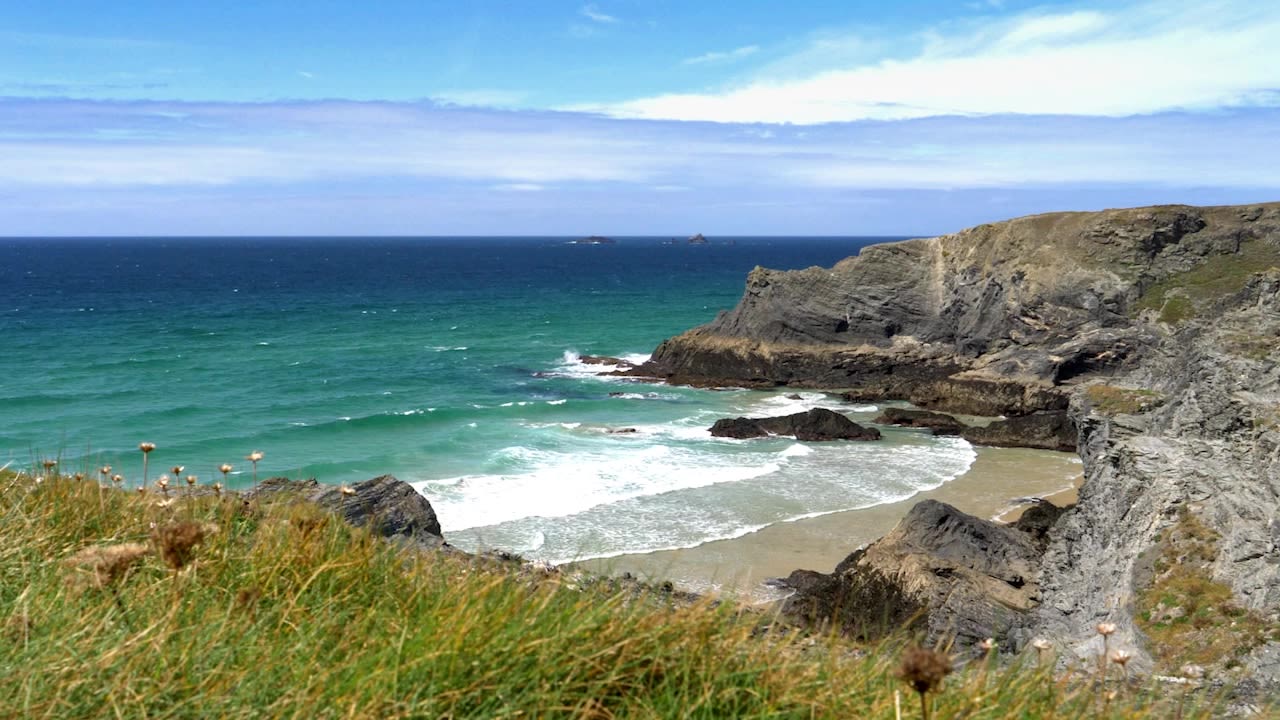
6.5
Outside work, I spend a lot of time walking our Tibetan terrier Maggie. She’s diabetic and needs injecting twice a day. The natural environment is really therapeutic. We live in the Chiltern Hills, which has lots of great walks, but we also have a home in St Ives, and we’ve been doing the South West Coast Path, which is suddenly very popular because of the film Salt Path. There are some very challenging stretches where it’s not really a path. St Ives to Zennor is about six and a half miles of climbing, and going along the banks of streams. We took some friends for another walk there between two pubs, two and a half miles apart. They scoffed a little at the short distance. We said: “We’ll see how you are when you’ve done it!” Needless to say, we were very relieved to see the pub.





